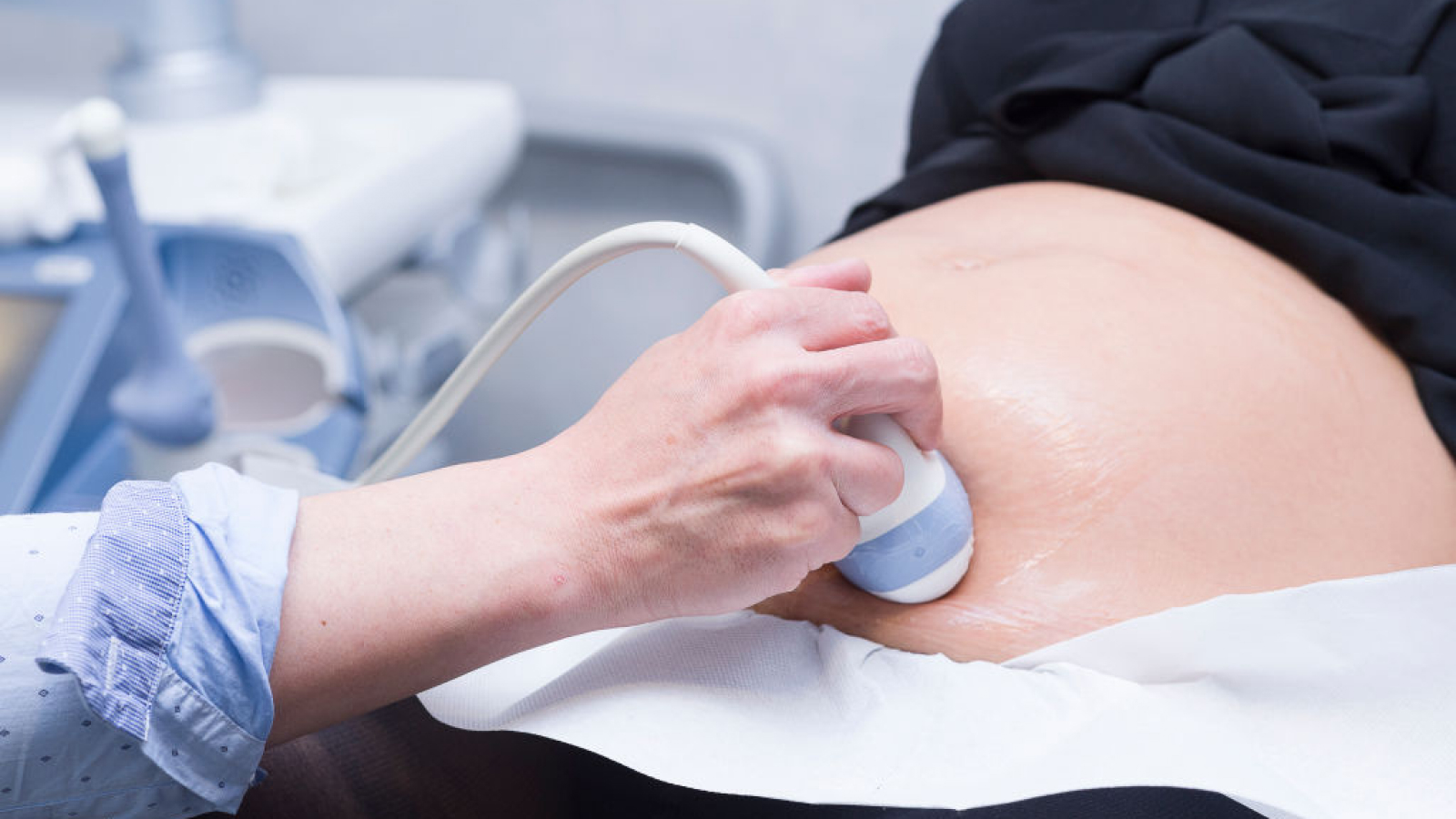
Using cannabis during pregnancy may come with a higher risk of poor outcomes, such as babies being born small for their gestational age, a new study suggests.
Among pregnant people who use cannabis, the risks are the highest for those who use the drug in both the first trimester and later in gestation, as opposed to only the first trimester, according to the study, published Tuesday (Dec. 12) in the journal JAMA.
"What I think this study evaluates, that has not been evaluated previously, is whether the timing and amount of exposure matters, and what we saw was that higher levels of cannabis exposure were associated with increased risks of adverse pregnancy outcomes," first study author Dr. Torri Metz, an associate professor of obstetrics and gynecology at University of Utah Health, told Live Science in an email. Using cannabis in the first trimester still carries risk, but the findings hint that stopping cannabis use within the first trimester could help prevent that risk from growing larger.
Notably, the study reveals only a link between cannabis and certain poor pregnancy outcomes — it doesn't directly demonstrate that cannabis causes these effects. But it does suggest that "cannabis use should be avoided during pregnancy to optimize maternal and neonatal [newborn] outcomes," the study authors wrote in the report.
Related: Eating just 2 cannabis gummies can put small kids at risk of toxic effects
In the study, the researchers screened frozen urine samples that had been collected from 9,200 pregnant people at eight U.S. medical centers. The participants were originally recruited between 2010 and 2013 for a long-term study on pregnancy outcomes and their samples have been stored since then.
The samples were taken during three time windows that respectively fell within the first trimester, the early second trimester, and the late second trimester into the third. For the new research, each sample was screened for a specific molecule that appears in urine when the body breaks down tetrahydrocannabinol (THC), the psychoactive compound in cannabis.
In addition, the researchers reviewed the participants' medical records to look at their pregnancy outcomes. They took note of preterm births, stillbirths and instances when a newborn was born small for their gestational age; "small" was defined as being below the fifth percentile for their age and sex. They also noted when the mother experienced pregnancy-related high-blood-pressure disorders, such as gestational hypertension or preeclampsia.
These outcomes have been tied to dysfunction of the placenta, the organ that supplies a growing fetus with nutrients and oxygen while removing waste from the womb. Research in monkeys has suggested that cannabis exposure can alter gene activity in the placenta, and it's also linked to reduced oxygen and blood flow through the organ. In humans, cannabis exposure has been linked to slower-than-typical growth of the fetus, which can be related to problems with the placenta.
In the study, urine screening flagged 610 participants who had used cannabis in pregnancy. Nearly 200 used cannabis only in the first trimester, while the rest tested positive for cannabis both in the first trimester and later in pregnancy.
Participants who used cannabis had a higher risk of experiencing at least one of the poor pregnancy outcomes — nearly 26%, compared with 17.5% in the group that didn't use cannabis. The risk was highest for those who used cannabis late into pregnancy, and the risk also appeared to rise with the overall concentration of THC byproduct in a person's urine.
The researchers initially considered the pregnancy outcomes as a group, rather than separately, because "we knew we did not have a large enough sample to examine all of these outcomes independently," Metz told Live Science. But as a secondary analysis, the researchers then zoomed in on specific pregnancy outcomes, to see which were most common in the available data.
In that analysis, cannabis use was linked to a higher chance that a baby would be born small, but it was not linked to a higher risk of high-blood-pressure disorders in pregnancy.
Cannabis use was also tentatively linked to a risk of stillbirth, with the group that used cannabis showing a higher rate than those who didn't use the drug. However, in a model that adjusted for other influential factors — such as nicotine exposure and the mother's age and insurance status — the cannabis-related stillbirth result was no longer statistically significant.
"There are other studies that have also found an association between cannabis use and stillbirth, so it is concerning that we also saw this association in unadjusted analyses," Metz said. However, because the link disappeared in the adjusted model, "this also means that we likely needed a bigger cohort to look specifically at stillbirth as an outcome."
Fortunately, based on the current study's data, "stillbirth is a rare outcome," Metz emphasized. Its risk just warrants further study in larger groups.
The current study has other limitations. For instance, the molecules in the frozen urine samples may have degraded somewhat over the years, although they were stored appropriately. The way people used cannabis is also unknown, so it's unclear if inhaling or taking edibles would come with different levels of risk, for example.
And again, the study's design allows a link to be drawn between cannabis and pregnancy outcomes, but it can't say whether or how the drug actually caused the outcomes.
That said, "I think this lends more evidence to the idea that there are potential risks, and really talk to patients about alternative methods of treating whatever it is they're hoping to treat with cannabis," Metz told JAMA in a podcast interview.
Ever wonder why some people build muscle more easily than others or why freckles come out in the sun? Send us your questions about how the human body works to community@livescience.com with the subject line "Health Desk Q," and you may see your question answered on the website!







